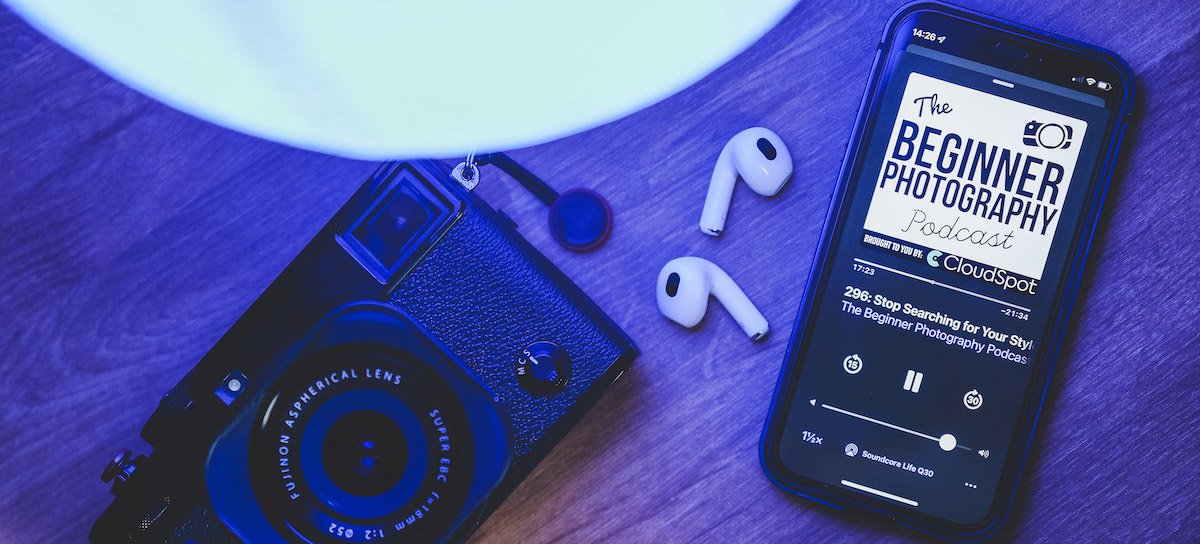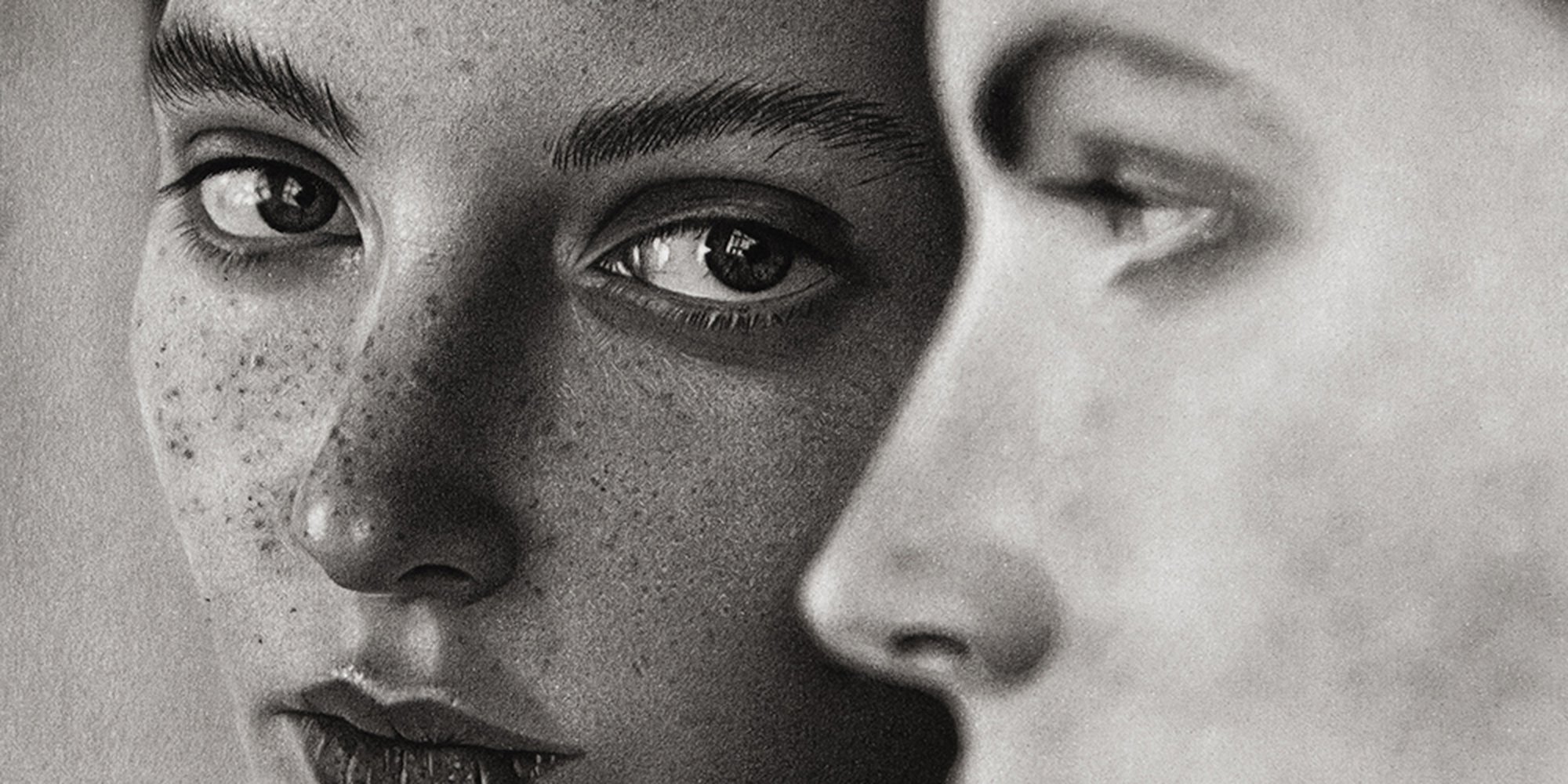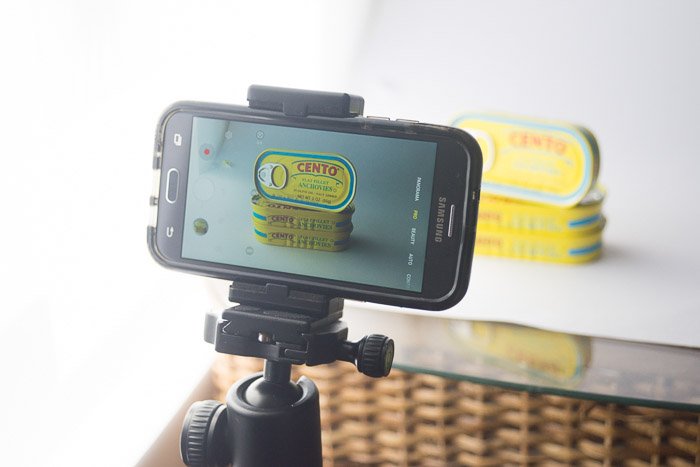
If you are considering buying a grey market camera, you need to keep in mind that you are not purchasing a knockoff of a Nikon product. The camera you purchase will be foreign and the warranty may not help you if there are any issues with it. It may be possible to repair it by a third-party, but Nikon will not help you if it fails. Although gray market cameras are not necessarily the best, it is worth looking into.
Gray market camera purchase
You might be tempted to purchase a gray market, cheap digital camera if you're looking to upgrade. These cameras are often of inferior quality and may come with fake software, lower-quality chargers, or even a missing serial number. Gray market cameras rarely come with a 5-year warranty. This means that you might not know what is inside.
A few tips are important to remember when buying a gray market camera. False advertising is a major problem. Manufacturers don’t like to increase their prices when there’s a low exchange rate and often offer rebates. Grey market camera dealers can be shady and may use deceptive marketing tactics. If the seller's product sounds too good to true, it probably is.

It's not a knockoff
It is legal to buy a grey market camera, but it is a crime. Beware of scammers! These products are sold without the authorization of the camera's manufacturer, and are therefore not certified to meet local regulations or codes. The best way to protect yourself is to educate yourself on the product you're about to purchase, and ask a lot of questions. Ask whether the seller is authorized by the manufacturer. Find out if the OEM bought the camera directly. And how long have they been in business.
Look for these qualities when buying a gray-market camera: price, quality and warranty. These items may be cheaper but you could end up with a damaged camera or unusable equipment. Grey market cameras do not come with manufacturer support or warranty. The warranty on the product will expire and the manufacturer will not cover the camera.
It is not eligible to receive Nikon service
Is my grey market camera eligible for Nikon service? The answer is no. These products can be sold by large distributors, resellers and, in certain cases, SE Asia. These products can also be sold by non Nikon owned distributors, who may want to dispose of excess inventory or discontinued Nikon products. In such cases, the buyer must decide if he/she wants to purchase such an item.
A grey market camera is usually less expensive than the official retail price. The downside is that it is not likely that the manufacturer will stand behind the repair. A Nikon grey-market camera's warranty is twelve months. Third-party repair centers can be cheaper, but they don't guarantee the quality. This is a crucial factor to consider when purchasing a camera. While buying a grey market camera, be sure to read the fine print carefully.

It can be repaired by a third party
It is possible to save money on your camera if it is a grey market model. Shipping and parts costs can run into the hundreds. The warranty may have expired and the repair shop will not be able provide warranty repairs. If you don't want to spend the money on a new camera you can always sell it.
Gray market cameras are usually sold at a lower price than the MAP price and come with no manufacturer warranty. You can return the camera to the retailer within 120 day of purchase. An independent camera repair service may charge more to repair it as it isn't covered by warranty. While this is a risk you should take, it could save you money in the end.
FAQ
What is the best camera for beginners?
Your budget, your needs, and your skill level will determine which camera is best for beginners.
For example, if you're looking to save money, you might choose a point-and-shoot digital camera. These cameras aren't as versatile as they look, but they provide good quality.
The Digital Single Lens Reflex (Digital DSLR) camera allows you to interchange lenses, allowing you to take different kinds of photos. While they are more expensive than point and shoots, they offer much more flexibility.
A beginner's kit for beginners is a good place to start. You'll find everything you need in one package, including a camera body, lens, memory card, tripod, and flash.
You should also remember to buy additional batteries.
Is photography a talent or a skill?
Photography isn't a talent, it's an art form that takes practice, training, as well as experience. To master any aspect of photography, it takes years of practice and study.
Photography is also a business where you need to have a plan for how you are going to make money from it.
You need to know what type of clients you are looking for and how you can reach them.
You must know their identity and what they want. It is important to communicate clearly and convincingly with them in order to convince them to use your services.
This means you need to be prepared and well-organized when meeting potential clients.
When you are ready to approach potential customers, you will need to create a portfolio of your work. This can be done digitally through software programs or printed on to paper.
Once you have created your portfolio, you need to find opportunities to display it. This could mean approaching businesses directly or advertising online.
Should I start photography as a hobby?
Photography is a wonderful way to share memories with family and friends. It allows you to discover more about the world.
You can find many online resources to help you learn how to take better photographs.
You might also consider enrolling in classes at nearby community colleges or art schools. This allows you to meet other photographers who can provide valuable feedback on your work.
Statistics
- This article received 13 testimonials, and 100% of readers who voted found it helpful, earning it our reader-approved status. (wikihow.com)
- While I cannot prove that all of those spots were not sensor dust, the photo was taken during a heavy snowstorm…so I guess that 99.8% of the spots are snowflakes. (bhphotovideo.com)
- The second easiest way to get blurry photos 100% of the time is to use a cheap filter on the front of your lens. (photographylife.com)
- By March 2014, about 3 million were purchased monthly, about 30 percent of the peak sales total. (en.wikipedia.org)
External Links
How To
What are the essential skills required to be a professional photographer?
Photography jobs require basic skills such as technical knowledge, artistic talent, and business acumen.
Technical knowledge includes understanding exposure, camera functions, lens type, film speeds, and developing techniques.
An artist's ability is to understand composition, lighting, and pose.
Business acumen is about managing time, budgeting, time management, and dealing effectively with clients.
If you want to become a professional photographer, then you should have an interest in photography from a young age.
Online courses or classes in school can help you learn about photography.
You will also find many books on photography that can help you.
As well to learning about photography, it is important to develop your own style.
This will allow you to stand out from other professionals in your field.
Photography has changed throughout the years. In the past, people used cameras like the Kodak Instamatic and Polaroid instant cameras.
Today digital cameras are more popular than ever before. Today, the majority of photographers use their smartphones to shoot photos.
You can buy a smartphone with high-quality photos, but if your goal is to become a professional photographer, you will need a DSLR (Digital Single Lens Reflex) to take great pictures.
A DSLR can be used to control every aspect, from shutter speed, aperture, ISO, sensitivity, white balance, focus, and white color.
These features allow for you to create incredible photographs and effects.
These controls can also be used to alter the mood in your photograph.
By using a fast shutter speed, for example you can blur the subject.
You can also make the images appear as if they are moving by increasing their light input.
The scene can also be adjusted to change its mood by changing the color temperature.
For example, if there is lots of blue light around, you can increase the red content of the picture to give it a warmer feel.
It might be hard to decide which direction to point your lens.
But once you grasp the basics, it won't be so difficult.
It's actually much easier than it seems!
The first time you start out, you'll probably only be able to shoot landscapes and close-up images of objects.
But don't worry; as you gain experience, you will be able to capture anything from portraits to abstracts.
Once you are proficient in the basics, you will be able to move on to more difficult subjects.
Here are some tips that will help you get going.
-
You should choose a beautiful location. Choose somewhere where you can relax and enjoy yourself.Avoid places that are too busy because you won't be able to concentrate properly.
-
Choose something you find interesting to photograph. You should look for unusual or special objects to photograph.
-
Make sure to take lots of practice photos. Practice makes perfect!
-
Experiment with different angles. Different angles are best depending on what goal you're trying to reach.
-
Use different lenses. Different lenses can offer you different perspectives.
-
Shoot in low-light conditions. Photographing in bright sunlight can prove difficult.
-
Try framing your shot. Frames are an important skill when you capture an image.
-
Learn how to use your camera settings. It is a great way to improve your photography skills by experimenting with the settings of your camera.
-
Continue learning new techniques. Photography is a vast subject. Visit local galleries, museums, libraries, and other venues to find out more.
-
Read magazines, books, and other publications. You will learn everything you need about photography by reading books and magazines.
-
Join a club. Photography clubs often hold events that encourage members to share their work.